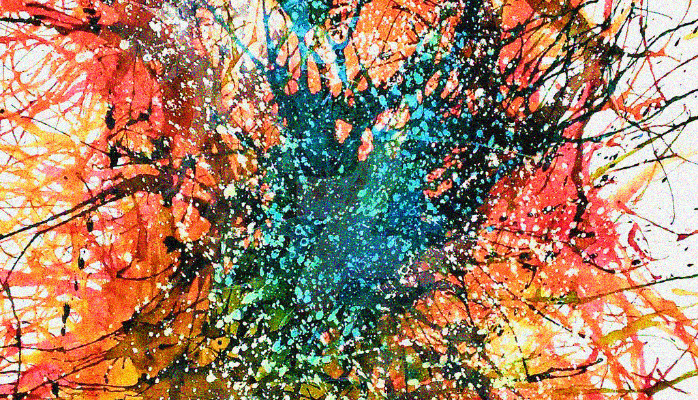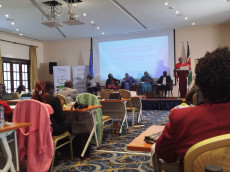- Disruption drives innovation by encouraging people to think differently and find new solutions to existing problems. This can lead to the creation of breakthrough products, services, and technologies that improve our lives and advance society as a whole.
The art of disruption refers to the intentional introduction of new ideas, technologies, processes, or concepts that challenge existing norms, structures, and practices in various domains of life.
Disruption can be both positive and negative, depending on its impact and intent.
In recent years, the concept of disruption has gained significant attention, especially in the business and technology sectors, where companies strive to create innovative solutions that reshape industries and markets.
Here's why disruption can be valuable in our day-to-day living:
1. Innovation and Progress
Disruption drives innovation by encouraging people to think differently and find new solutions to existing problems.
This can lead to the creation of breakthrough products, services, and technologies that improve our lives and advance society as a whole.
2. Efficiency and Optimization
Disruption often involves reimagining processes and systems from the ground up.
By challenging traditional methods, disruptive ideas can lead to more efficient and streamlined ways of doing things, saving time, resources, and energy.
3. Adaptation and Survival
Embracing disruption helps individuals and organizations adapt to changing circumstances and stay relevant in a rapidly evolving world.
Those who resist change may find themselves left behind as the world progresses.
4. Competition and Improvement
Disruption encourages healthy competition by pushing established players to enhance their offerings and deliver better value to consumers.
This benefits customers through improved products, services, and experiences.
5. Learning and Growth
Dealing with disruption requires individuals to learn new skills, adapt to new environments, and think critically about new ideas.
This continuous learning and adaptation foster personal and professional growth.
6. Breaking Barriers
Disruption can break down barriers that may have limited access to certain resources or opportunities.
New solutions can democratize access and provide more equitable chances for success.
7. Creativity and Expression
Disruptive thinking encourages creative expression and challenges the status quo.
It allows individuals to explore unconventional approaches and push boundaries.
8. Resilience and Flexibility
By embracing disruption, individuals and organizations become more resilient and flexible in the face of challenges.
This adaptability helps in navigating uncertain and turbulent times.
9. Solving Complex Issues
Many of the world's most pressing issues require innovative and unconventional solutions.
Disruption can pave the way for addressing complex problems such as climate change, healthcare accessibility, and poverty.
10. Inspiration and Empowerment
Disruptive individuals and ideas often inspire others to challenge norms and pursue their own innovative ventures.
This can empower individuals to make a meaningful impact on the world around them.
While disruption can bring about positive change, it's important to approach it responsibly and ethically.
Not all disruption is beneficial, and some changes can have unintended negative consequences.
Striking a balance between embracing innovation and considering the potential impacts is crucial for harnessing the power of disruption in our day-to-day lives.












